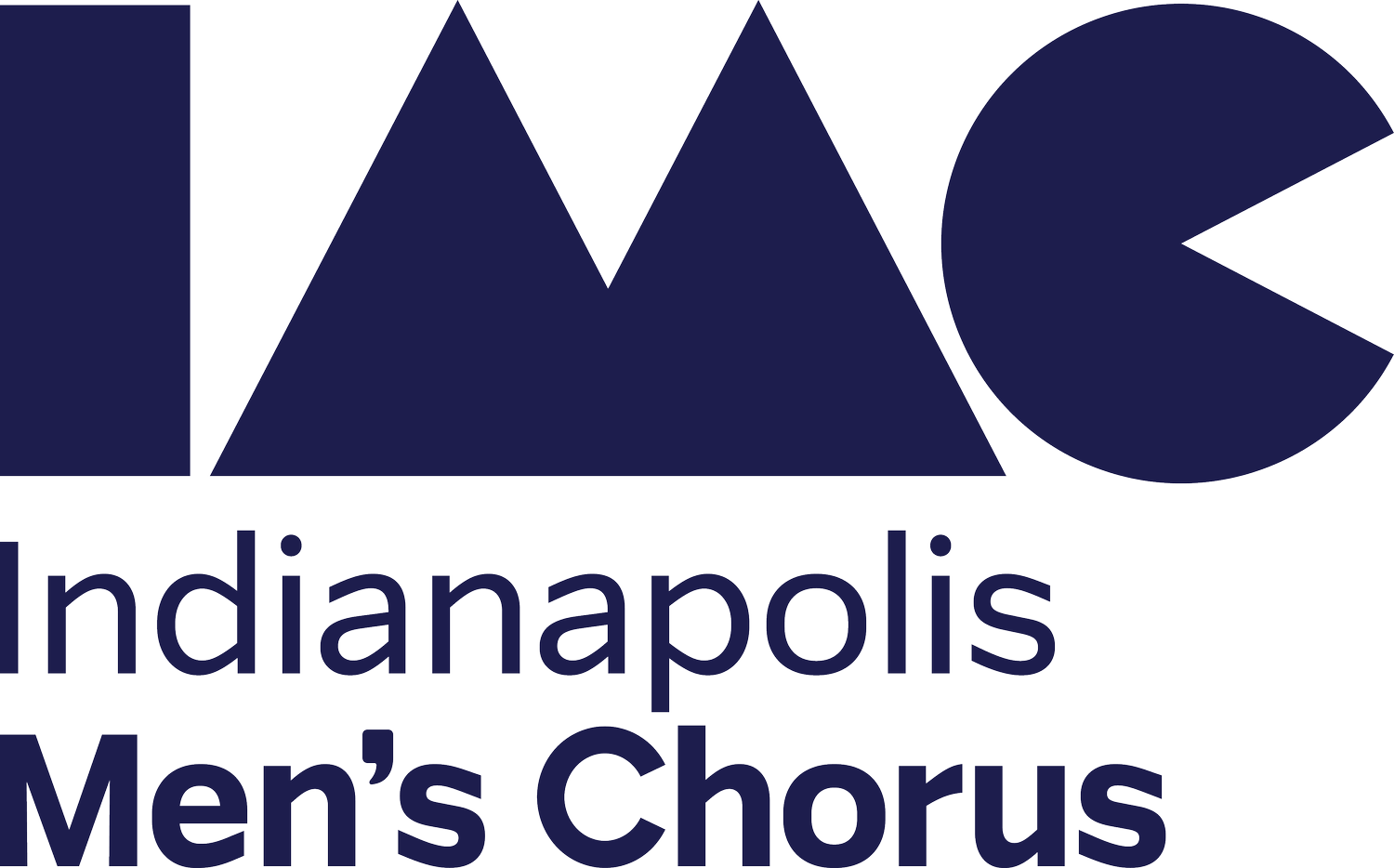Sample Bequest Language
Below are some of the most common kinds of bequests with sample language for naming the Indianapolis Men’s Chorus as a beneficiary.
Residual Bequest
This is a very popular choice for charitable bequests because it ensures that loved ones receive their distribution before any distribution to charity.
"I devise the residue of my estate, after the satisfaction of all specific bequests and the payment of all taxes and other costs attending my death, to the Indianapolis Men’s Chorus, Inc., a not-for profit corporation, Tax ID# 47-1689999, currently located at 6050 N Meridian St, Indianapolis, IN 46208."
General/Fixed Dollar Bequest
A stated sum of money, usually cash, to a beneficiary.
"I bequeath the sum of $____ dollars to Indianapolis Men’s Chorus, Inc., a not-for-profit corporation, Tax ID# 47-1689999, currently located at 6050 N Meridian St, Indianapolis, IN 46208."
Percentage Bequest
Enables your bequests to grow as your assets grow.
"I bequeath to the Indianapolis Men’s Chorus, Inc., a not-for-profit corporation, Tax ID# 47-1689999, currently located at 6050 N Meridian St, Indianapolis, IN 46208, an amount equal to ______ percent of the net value of my estate as finally determined for federal estate tax purposes."
Contingent Bequest
Assumes you want to leave your entire estate to family and friends. However, in the event that you outlive any of your beneficiaries, it provides an opportunity to designate the Indianapolis Men’s Chorus to receive that portion of the estate.
"In the event that (name of the beneficiary) does not survive me, I designate Indianapolis Men’s Chorus, Inc., a not-for-profit corporation, Tax ID# 47-1689999, currently located at 6050 N Meridian St, Indianapolis, IN 46208, as the devisee of this bequest of (see above for language specific to different types of bequests.)"
Legal Name: Indianapolis Men’s Chorus, Inc.
Address: 6050 N Meridian St, Indianapolis, IN 46208
Federal Tax ID Number: 47-1689999
Disclaimer: The information above is intended to assist you in your charitable planning. This is not legal advice and should not be relied upon as such. Please consult with your attorney or other advisor for professional advice and to discuss how this information can benefit you as your consider your financial and philanthropic goals.
